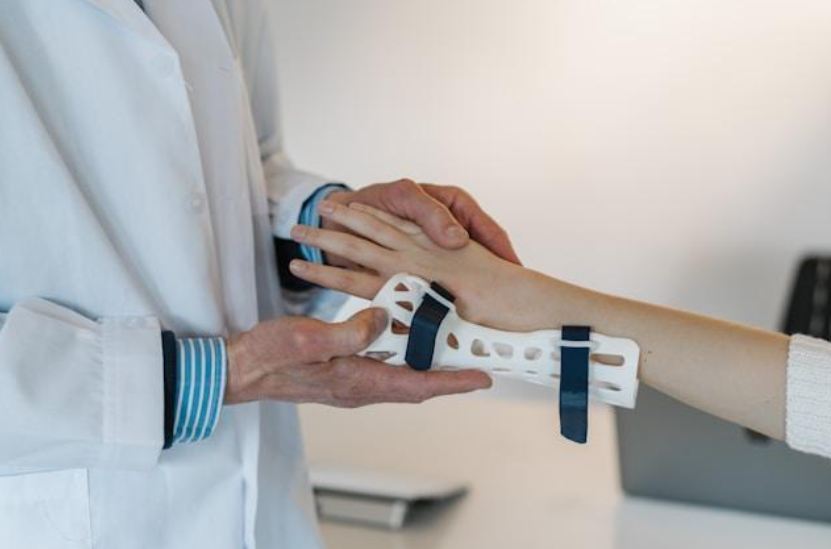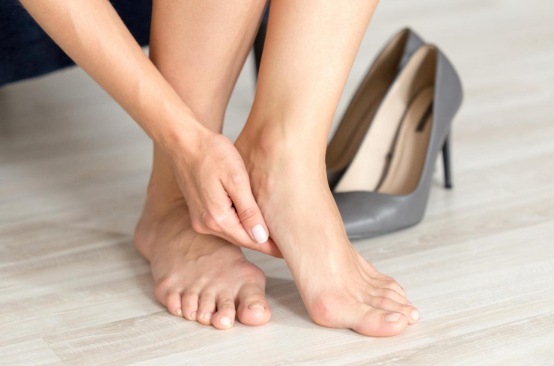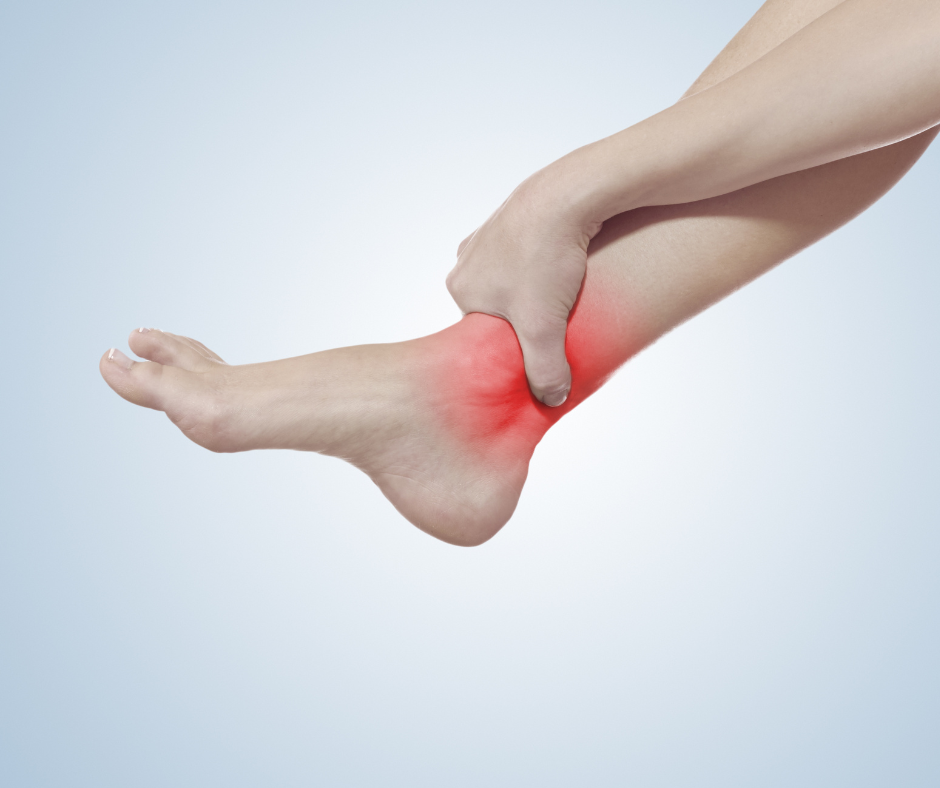ROTATOR CUFF TEARS: SYMPTOMS, CAUSES, AND TREATMENTS AT AZ ORTHO
Rotator Cuff Tears: Symptoms, Causes, and Treatments at AZ Ortho

If you’re experiencing shoulder pain, you may be dealing with a rotator cuff tear. Rotator cuff tears are an increasingly common condition that affects adults of all ages. Fortunately, there is hope for those dealing with the pain and discomfort of rotator cuff tears.
AZ Ortho offers top-of-the-line treatment for rotator cuff tears, helping patients find relief from their symptoms. Keep reading to learn more about the symptoms, causes, and treatments of rotator cuff tears.
What Is a Rotator Cuff Tear?
A rotator cuff tear is a common injury that occurs in the shoulder joint. The rotator cuff is a group of four muscles and tendons that surround the shoulder joint and help to hold the ball and socket joint together. The muscles and tendons work together to provide stability and mobility to the shoulder joint.
When a rotator cuff tear occurs, one or more of the tendons are torn. Rotator cuff tears can range in severity from mild to severe, with some tears completely severing the tendon.
The severity of the tear will determine the treatment plan and the length of the recovery time. In some cases, surgery may be necessary to repair the tear. It's important to seek
medical attention if you suspect that you have a rotator cuff tear, as untreated tears can lead to long-term complications.
What Are the Symptoms?
Rotator cuff tears can cause a range of symptoms, including a dull ache in the shoulder, particularly when lifting or lowering the arm; difficulty lifting objects or moving the arm away from the body; a limited range of motion; cracking and popping sounds when moving the shoulder; and pain when lying on the affected side.
It's important to note that some rotator cuff tears may not show any symptoms at all, while others can cause intense pain and discomfort.
What Causes a Rotator Cuff Tear?
There are several causes of rotator cuff tear, which can range from traumatic injuries to degenerative wear and tear.
One of the most common causes is
overuse, which occurs when repetitive overhead activities put excessive stress on the rotator cuff muscles and tendons. This can happen to athletes who participate in sports such as tennis, baseball, or swimming, as well as to individuals who engage in manual labor or have physically demanding jobs.
Another cause of rotator cuff tears is
age-related degeneration, which happens naturally as we get older. As the tendons lose their elasticity and become more brittle over time, they are more prone to tearing, even with minimal trauma.
In some cases, a rotator cuff tear can be caused by a
sudden injury, such as a fall, a direct blow to the shoulder, or a forceful pull or twist. This can happen to individuals who participate in contact sports, have car accidents, or experience other types of trauma.
Other factors that may increase the risk of a rotator cuff tear include poor posture, shoulder instability, bone spurs, and a lack of blood supply to the tendons.
How Is a Rotator Cuff Tear Treated?
The treatment for a rotator cuff tear depends on the severity of the tear and the patient's overall health and activity level. In some cases, a small tear may heal on its own with rest and physical therapy. However, larger or more severe tears may require more extensive treatment.
Non-surgical treatments for a rotator cuff tear may include resting the affected shoulder and avoiding activities that cause pain or discomfort; using over-the-counter pain medications to manage pain and inflammation; physical therapy to improve range of motion, strength, and flexibility in the shoulder; and steroid injections to reduce inflammation and pain.
Surgical treatment may be necessary for larger or more severe tears. Common surgical procedures for rotator cuff tears include:
- Arthroscopic repair: This minimally invasive procedure uses small incisions and a camera to repair the tear. Your doctor will perform an arthroscopy on your shoulder during which they will insert a tiny camera into the joint. Your surgeon will use a live video feed from the camera to direct tiny surgical instruments.
- Open repair: This traditional surgery involves a larger incision to repair the tear and may be necessary for larger tears or more complex cases. During the procedure, the surgeon will detach one of the shoulder muscles to get better access to the torn tendon.
- Mini-open repair: This technique combines the benefits of both arthroscopic and open repair surgeries. The mini-open repair is performed through a smaller incision than traditional open repair and allows for better visualization of the damaged tissues. This technique also uses arthroscopy to assess and treat other damage within the joint.
- PRP Therapy: PRP therapy has emerged as a promising treatment option for rotator cuff tears. This innovative approach utilizes the body’s own healing properties to promote tissue regeneration and repair. These growth factors stimulate the body’s natural healing processes, enhancing tissue repair, reducing inflammation, and improving overall recovery.
What Are the Risks of Untreated Rotator Cuff Tears?
If left untreated, a rotator cuff tear can lead to long-term shoulder weakness and limited mobility. In some cases, a tear may get larger and become irreparable, requiring surgery or other more invasive treatments. This can result in more significant recovery time and potentially decreased shoulder function.
Furthermore, an untreated rotator cuff tear can lead to additional shoulder problems such as tendonitis, impingement, and arthritis. Over time, the tear can cause degeneration of the surrounding tissues, leading to more extensive damage and even chronic pain.
Don't let an untreated rotator cuff tear cause long-term damage to your shoulder. Seek treatment at
AZ Ortho to receive a proper diagnosis and develop a personalized treatment plan. With our experienced team of orthopedic specialists, we can help you regain strength and function in your shoulder.
Schedule an appointment today to get started.










